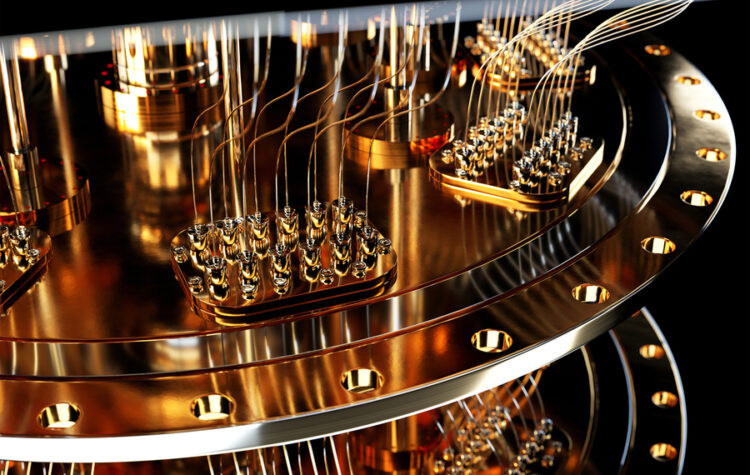
Building on a landmark algorithm, researchers propose a way to make a smaller and more noise-tolerant quantum factoring circuit for cryptography.
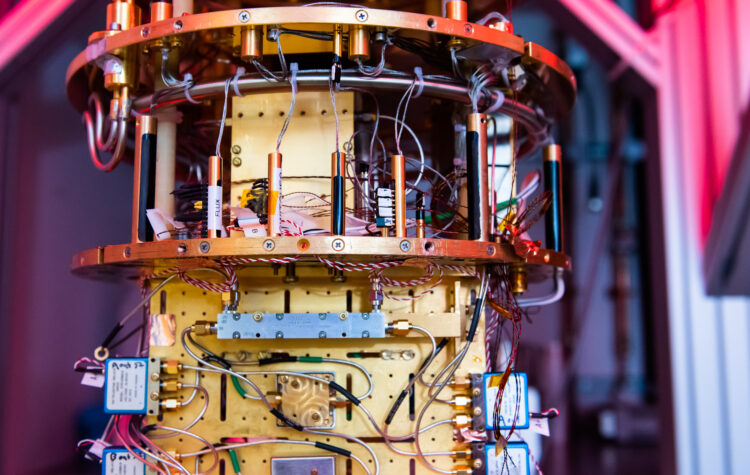
Researchers at MIT have recently signed a 4-year collaboration agreement with the Novo Nordisk Foundation Quantum Computing Programme (NQCP) at Niels Bohr Institute, University of Copenhagen, focused on accelerating quantum computing hardware research.
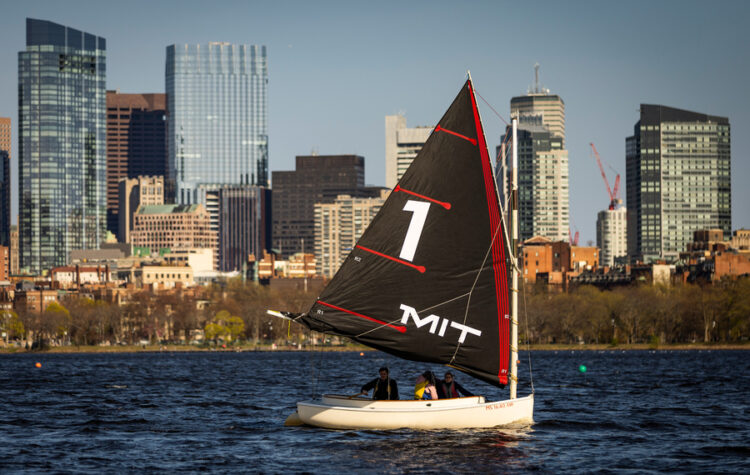
Ranking at the top for the 13th year in a row, the Institute also places first in 11 subject areas.

The Institute also ranks second in five subject areas.
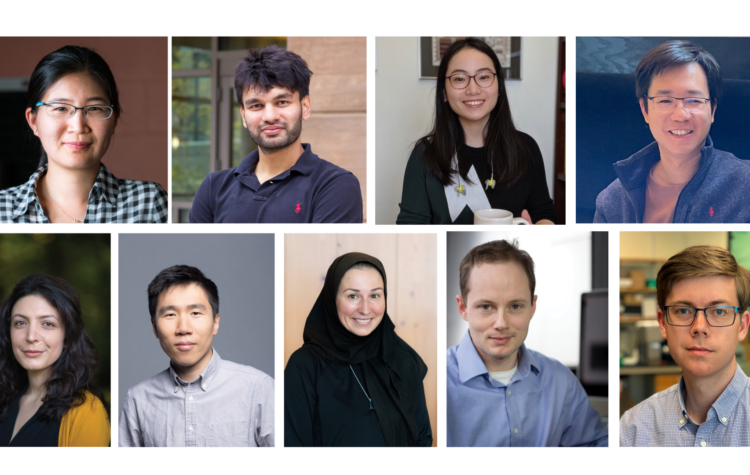
The Department of Electrical Engineering and Computer Science (EECS) is proud to announce multiple promotions.
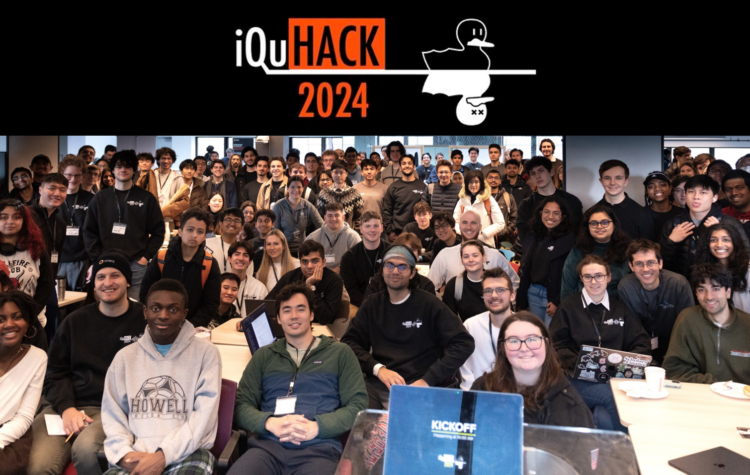
Each year, a community of quhackers (quantum hackers) gathers at iQuHACK to work on quantum computing projects using real quantum computers and simulators.

Solves paradox associated with transmission of quantum information
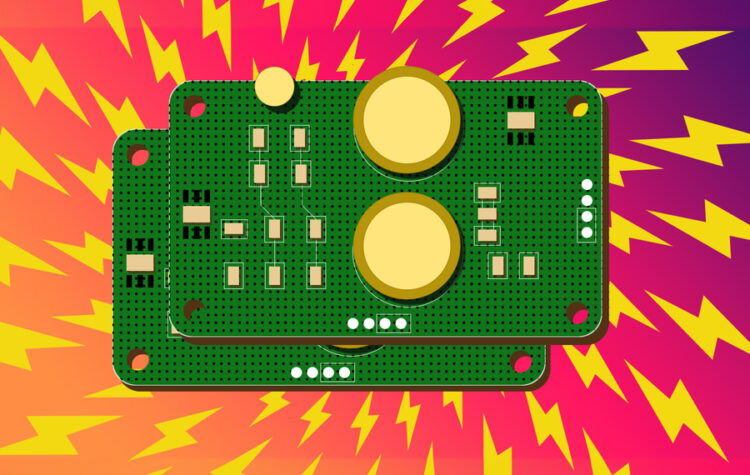
A system designed at MIT could allow sensors to operate in remote settings, without batteries.
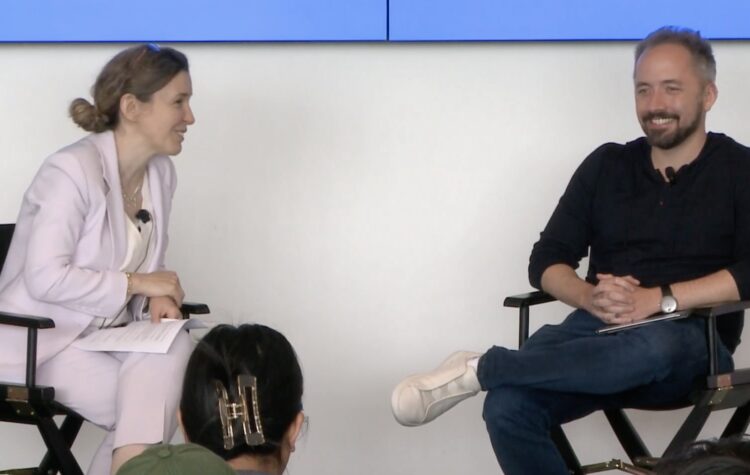
Founded in 2019, The EECS Alliance program connects industry leading companies with EECS students for internships, post graduate employment, networking, and collaborations. In 2023, it has grown to include over 30 organizations that have either joined the Alliance or participate in its flagship program, 6A.
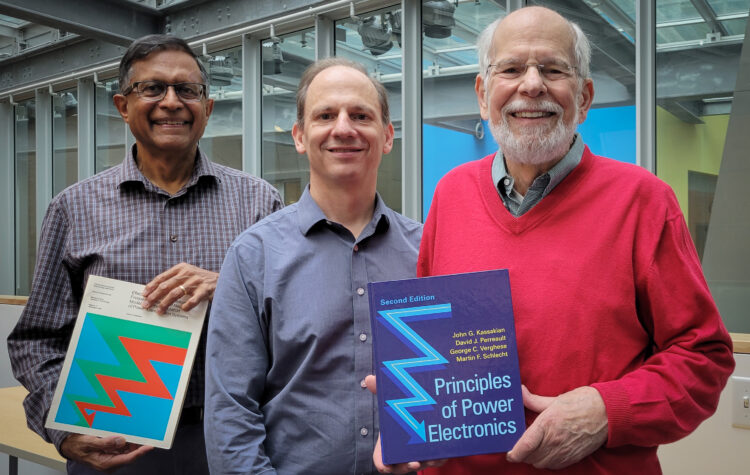
The second edition of George Verghese, John Kassakian, and Devid Perreault’s “Principles of Power Electronics” greatly expands upon the first, and weighs in at a hefty 4.6 pounds and 800 pages–a reflection of the increased stature and importance of power electronics to a whole new generation of electrical and computer engineers.